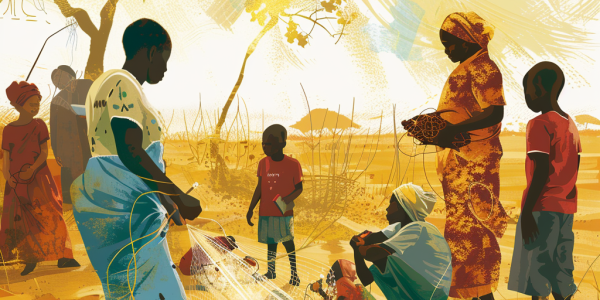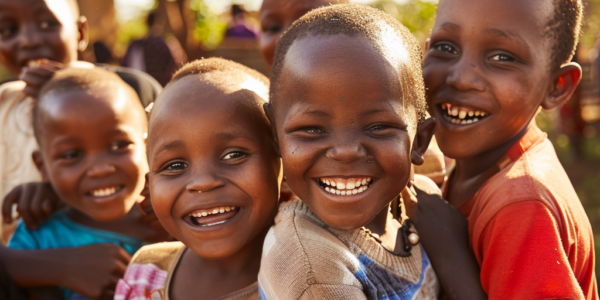Global Health Alarm: Rising Antimicrobial Resistance Threatens Public Health, Especially in Africa
Antimicrobial resistance (AMR) is a growing global health crisis, particularly affecting Africa, where it accounted for 21% of global AMR-related deaths in 2019. The misuse of antibiotics in healthcare and agriculture is driving this alarming trend, complicating treatments for diseases like tuberculosis and increasing mortality rates. Urgent action is needed to promote responsible antimicrobial use, enhance healthcare access, and invest in new treatments to combat this pressing issue.
Urgent Need for Research on Climate Change Impact on Neglected Tropical Diseases and Malaria
New research underscores the urgent need for further investigation into the impact of climate change on neglected tropical diseases (NTDs) and malaria. Rising temperatures and shifting weather patterns are altering disease distribution, posing significant threats to public health. The study emphasizes the importance of collaborative modeling to predict the consequences of climate change on malaria and NTDs, warning of potential shifts in transmission patterns. Immediate action is required to safeguard progress in combating these diseases and address research biases that disproportionately impact vulnerable communities.
LifeArc and FIND provide 7.8 million U.S. dollars to support Kenya’s fight against visceral leishmaniasis
Two international health charities, LifeArc and FIND, have announced a funding support of 7.8 million U.S. dollars to bolster Kenya’s efforts to eliminate visceral leishmaniasis, a fatal vector-borne disease also known as kala-azar among children. The funding aims to improve the diagnosis and treatment of the neglected tropical disease among children in Kenya. Visceral leishmaniasis is a parasitic disease found in marginalized parts of Africa, affecting mainly children and being fatal in over 95 percent of cases if left untreated. The disease, caused by parasites spread by sandflies, affects internal organs and presents symptoms such as weight loss, and enlargement of the spleen and liver. The funding from international charities is expected to help Kenya improve community awareness and enhance the capacity of local health facilities to conduct faster diagnosis and treatment of visceral leishmaniasis. The initiative is targeted for elimination by the World Health Organization (WHO) by 2030, and strategic partnerships are emphasized to boost the elimination of kala-azar.



